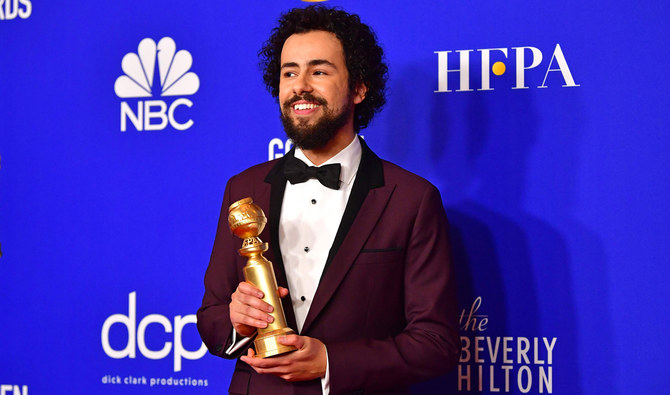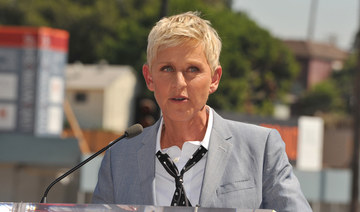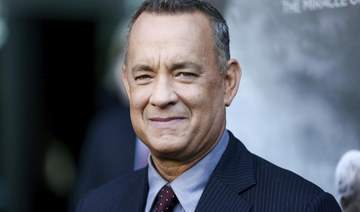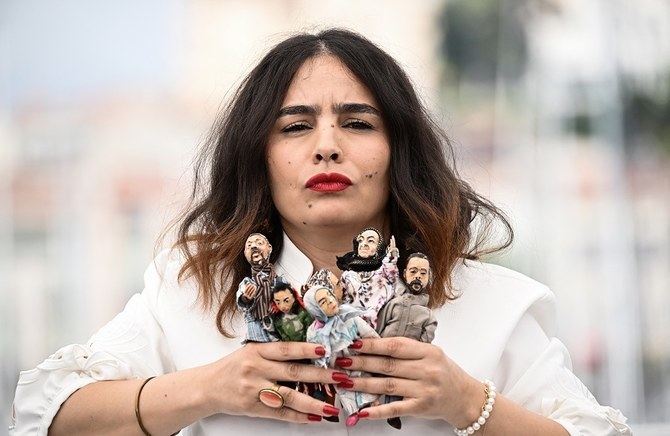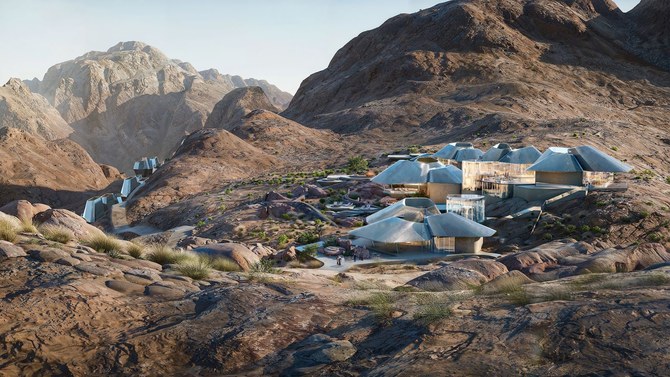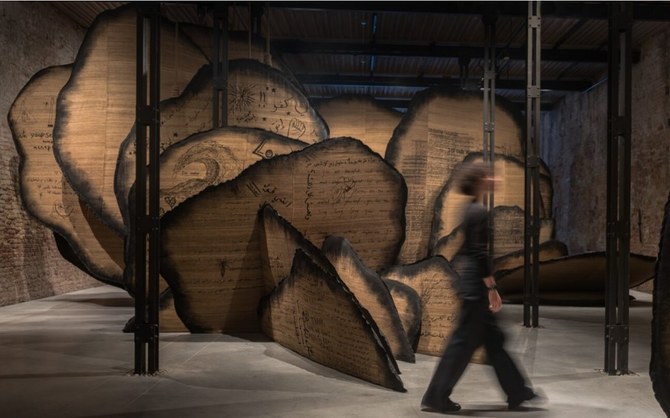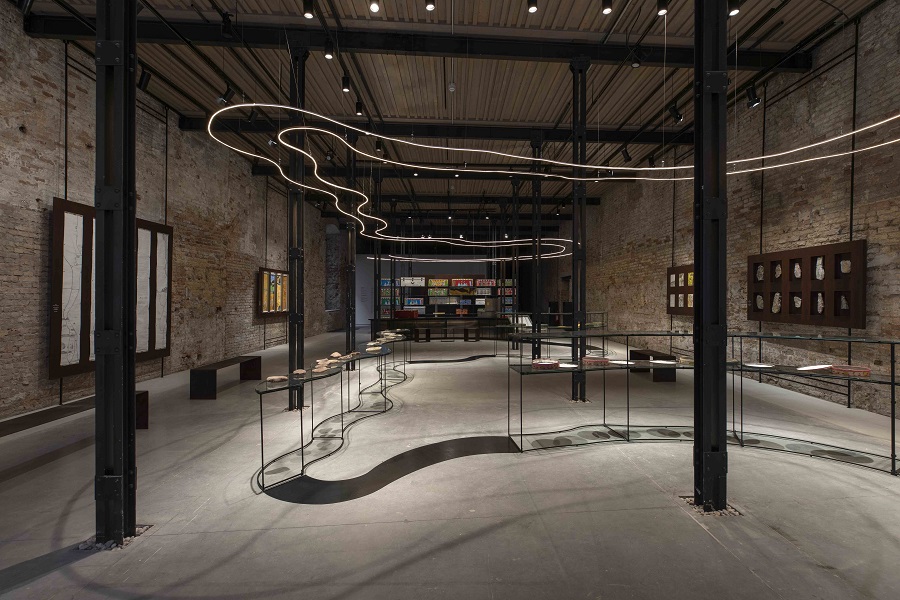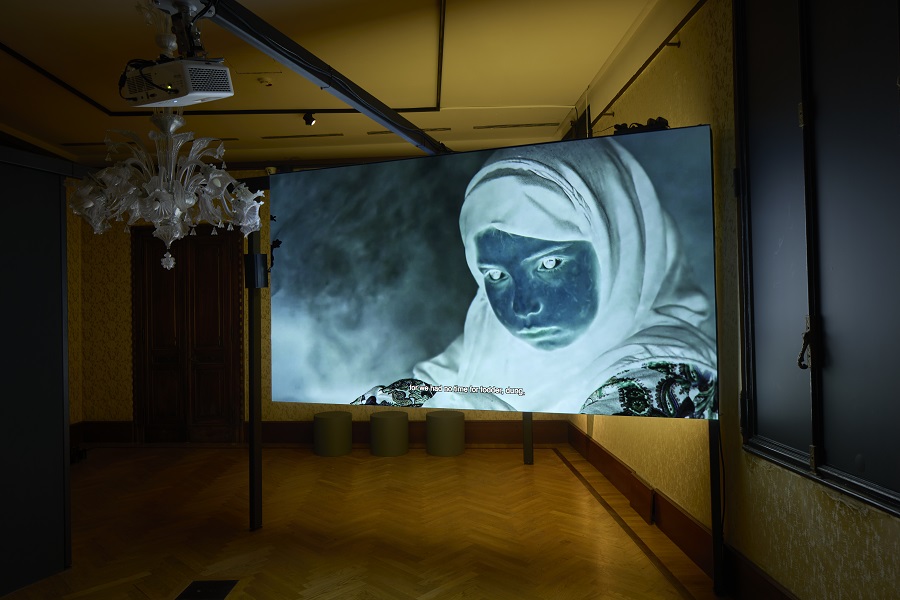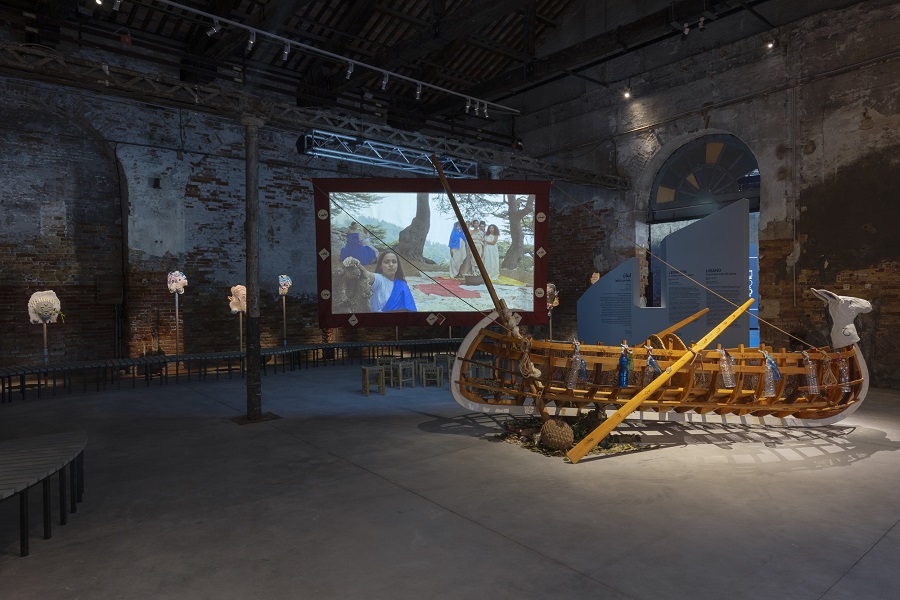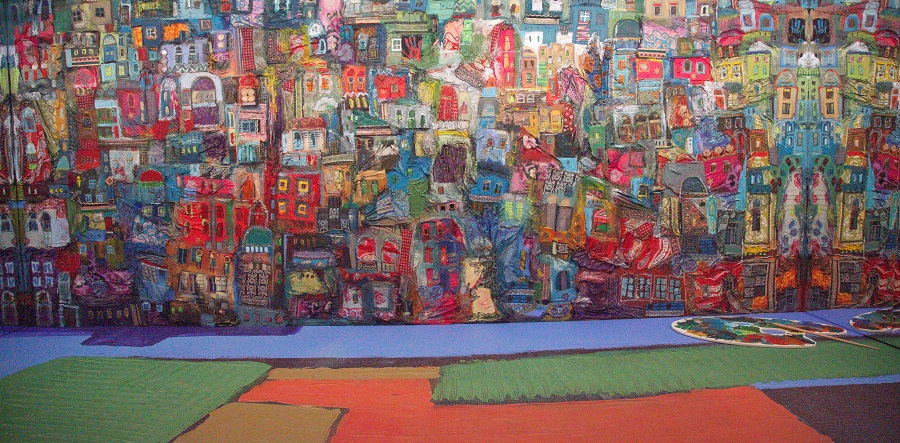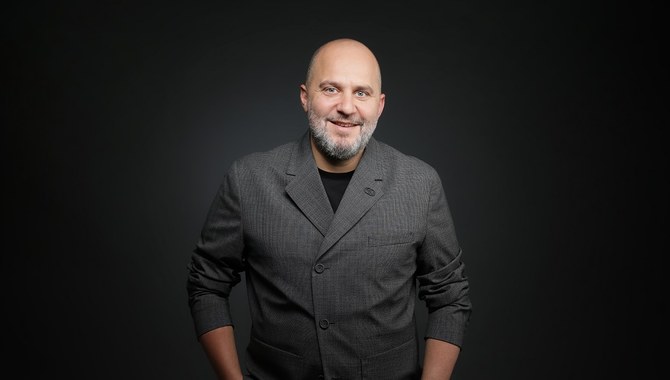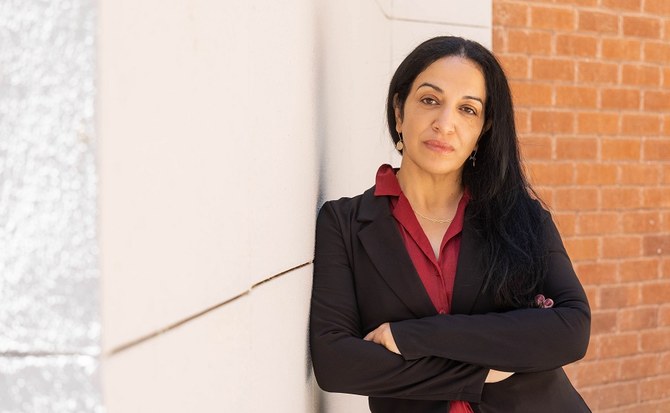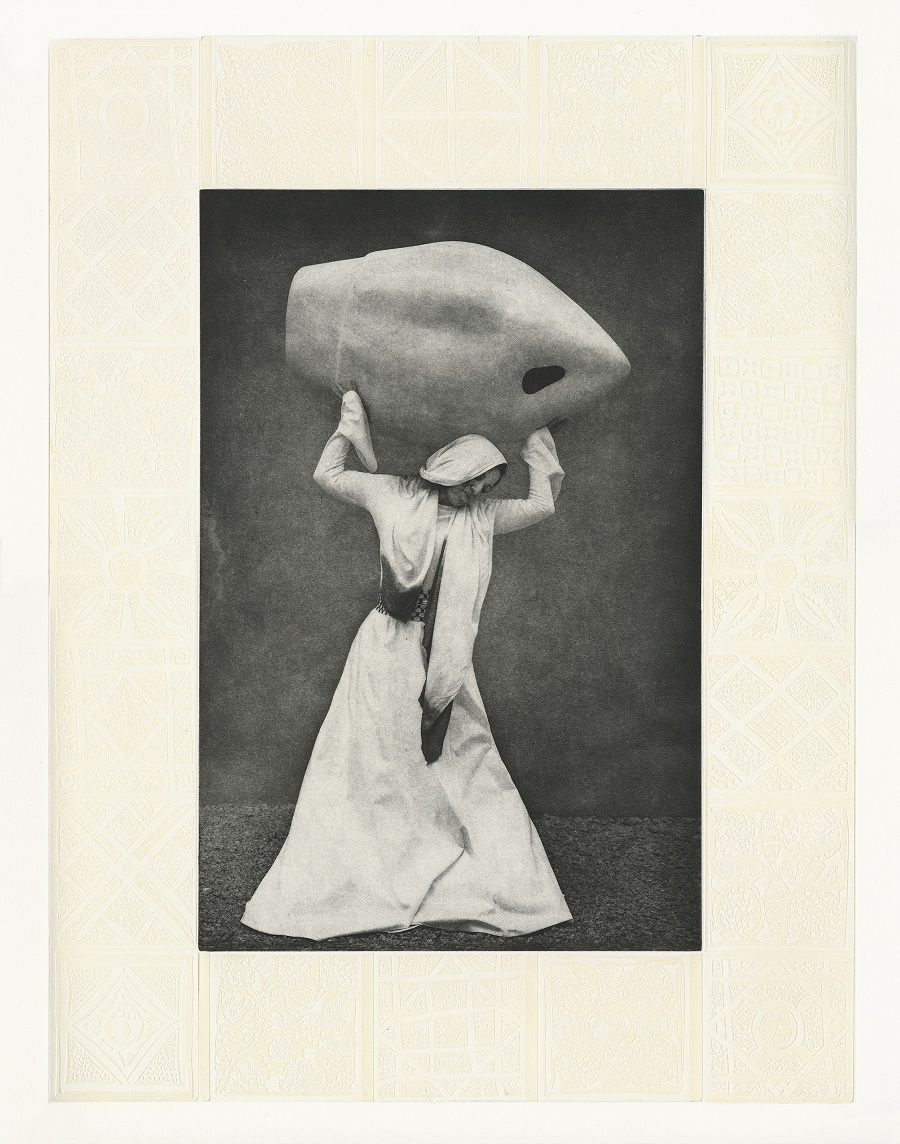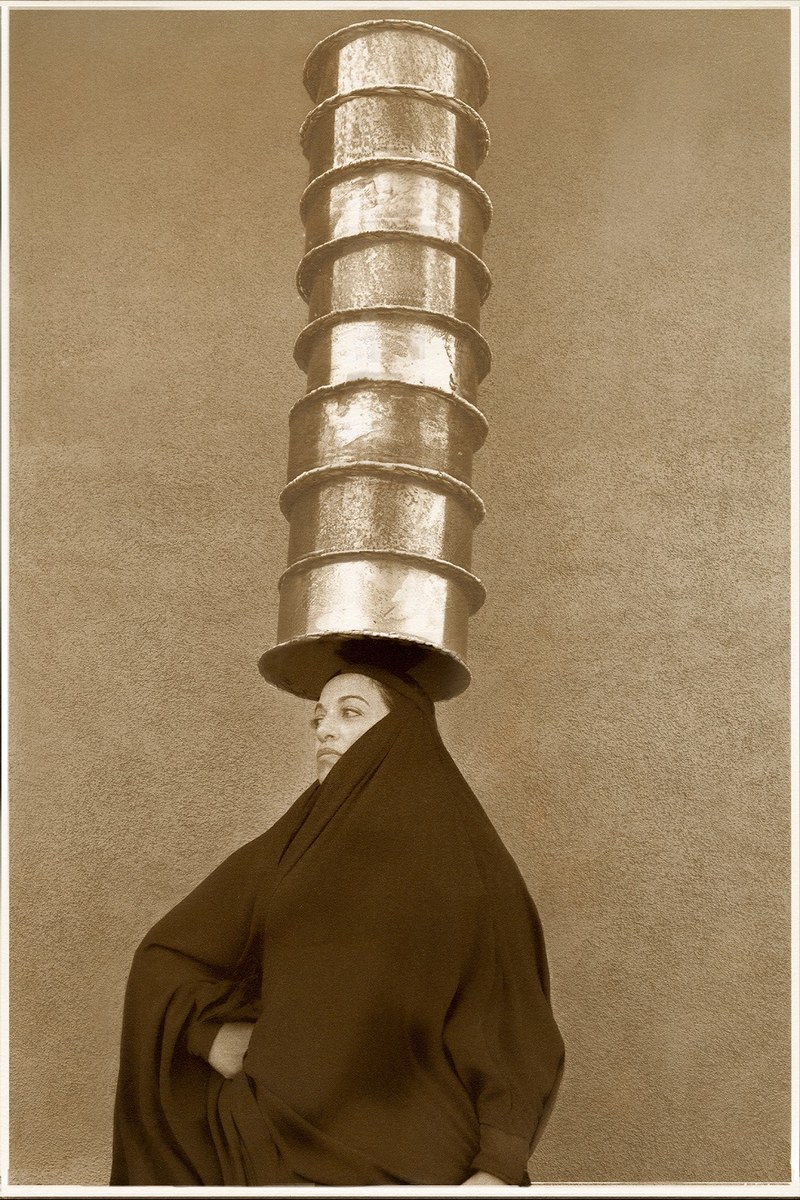CHICAGO: For the second year in a row, an Arab American, Ramy Youssef, received a Golden Globe Award for his stage performances in the 10-episode hit Hulu comedy series, “Ramy,” increasing expectations for a possible Oscar win next month.
With Arabian music and undulations in the background, Youssef entered the stage and accepted the 2020 Golden Globes Award for “Best Actor in a Comedy Series” for his performance as “Ramy.”
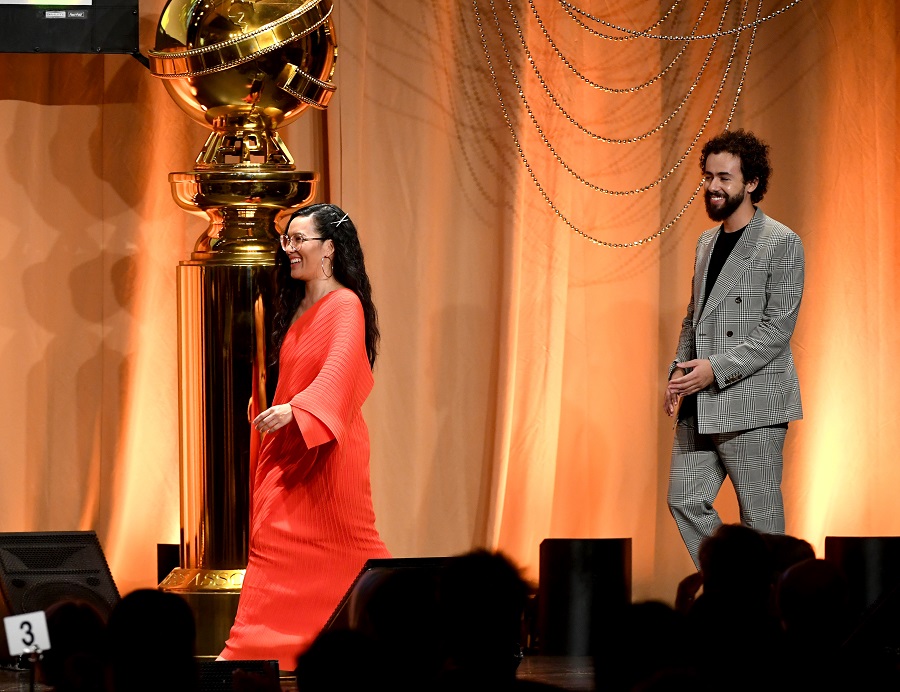
Ali Wong and Ramy Youssef speak onstage during Hollywood Foreign Press Association's Annual Grants Banquet at Regent Beverly Wilshire Hotel on July 31, 2019 in Beverly Hills, California. (File/AFP)
In “Ramy,” Youssef portrayed a first-generation Arab Muslim American who deals with the many stereotypes he has to face in America.
Youssef did not disappoint fans during his brief acceptance speech, remaining in his comedic role and carrying the stereotypes he tackled in his series to the live Golden Globe stage.
“Allah-uh-Akhbar … This is thanks to God and Hulu,” Youssef said in accepting the award. “Most of you haven’t seen my show … This means a lot. Thank you.”
Congrats Ramy! Well deserved, your show is really good!
— Kristina (@DoubleDwater) January 6, 2020
The Golden Globes are important not only as a reflection of an actor’s performance but as a precursor to the more important Oscars which will be presented to many of the same nominees at the 92nd Academy Awards to be broadcast February 9.
Youssef beat out four fellow nominees including two heavyweight Hollywood actors, Michael Douglas for his performance in “The Kominsky Method” and Paul Rudd in “Living with Yourself.” Also nominated were Ben Platt for “The Politician” and Bill Hader for “Barry.”
“Ramy” was broadcast by Hulu as a 10-part streaming series in April 2019 and is scheduled for a second season later this Spring.
With episodes set in New Jersey and Cairo, where he visits relatives, the show hilariously portrays the humor and reality of being an Arab and Muslim in America. Much of the show’s focus is more on being Muslim and less on being Arab, a trend that reflects the reality of Arab American life in the wake of the Sept. 11, 2001 terrorist attacks.
Congrats @Ramy on your first #GoldenGlobes win – a well-deserved honor. pic.twitter.com/3PaWpX5LPn
— hulu (@hulu) January 6, 2020
The irreverent half-hour comedy series took on many of the stereotypes and challenges Muslims, and Arabs, face in America, from having to wash your feet before Masjid prayers and having sexual relations with non-Muslims while dealing with the concerns of his conservative and religious parents.
In one episode, Ramy dallies in a relationship with a Jewish American girl who drops him for another boyfriend when he refuses to join her in using drugs.
Rami Malek, who is also Egyptian American, missed his second Golden Globe for “Best Performance of an Actor in a Television Series – Drama” for his role in the popular USA TV Network series “Mr. Robot.” The award was instead awarded to actor Brian Cox for his performance in “Succession.”
Last year, Malek won the Golden Globe award for “Best Performance by an Actor in a Motion Picture” for his powerful dramatic role as the late musician Freddie Mercury in the hit Hollywood musical “Bohemian Rhapsody,” and went on to win the Oscar for “Best Actor” at the 2019 Academy Awards presentation for the same role.
Best actor in a limited series went to Russell Crowe for the Showtime series “The Loudest Voice.” He wasn’t in attendance due to the wildfires in his native Australia.
Ahead of Sunday’s show, some wondered how much the growing conflict in Iran would be talked about following Friday’s targeted killing of Iranian Gen. Qassem Soleimani. But in the show’s first hour, the fires in Australia were the most mentioned news event by Golden Globe winners.
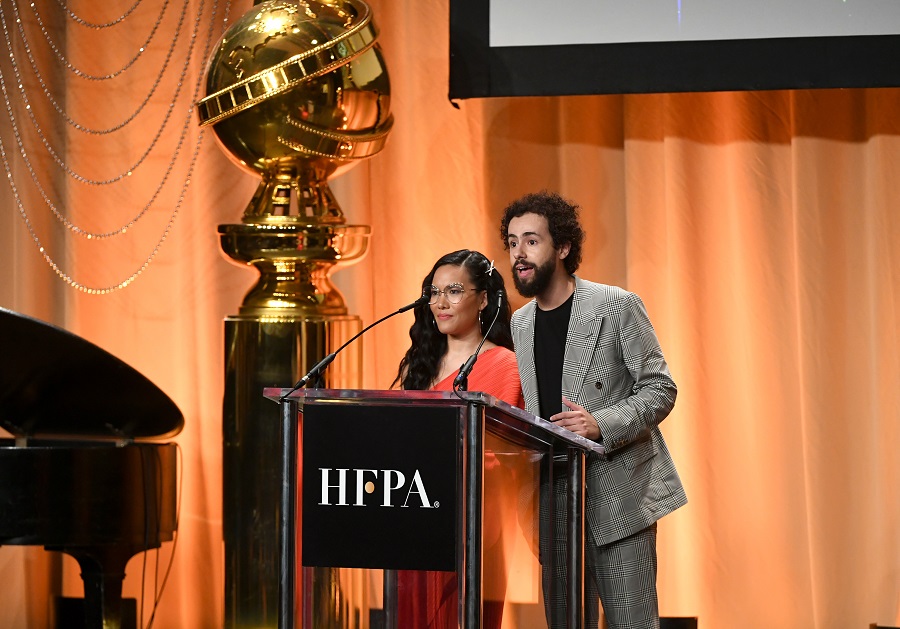
Ali Wong and Ramy Youssef speak onstage during Hollywood Foreign Press Association's Annual Grants Banquet at Regent Beverly Wilshire Hotel on July 31, 2019 in Beverly Hills, California. (File/AFP)
Phoebe Waller-Bridge followed up her Emmy haul by winning best actress in a TV series comedy. Her co-star Andrew Scott (of “hot priest” fame) missed out on the category’s supporting actor award, which Stellan Skarsgård took for HBO’s “Chernobyl.”
HBO was also triumphant in best TV drama, where the second season of “Succession” bested Netflix’s “The Crown” and Apple TV Plus’ first Globe nominee, “The Morning Show.”
Best foreign language film went to Bong Joon Ho’s “Parasite,” the Cannes Palme d’Or winning sensation from South Korea.
Mabrouk, @ramy big love from A24 #GoldenGlobes pic.twitter.com/1oQe8miy7z
— A24 (@A24) January 6, 2020
Despite being an organization of foreign journalists, the Hollywood Foreign Press Association does not include foreign films in its top categories, thus ruling out “Parasite,” a likely best picture nominee at the Oscars.
The Golden Globes, Hollywood’s most freewheeling televised award show, could be unusually influential this year. The roughly 90 voting members of the HFPA have traditionally had little in common with the nearly 9,000 industry professionals that make up the Academy of Motion Picture Arts and Sciences.
The condensed time frame of this year’s award season (the Oscars are Feb. 9) brings the Globes and the Academy Awards closer. Balloting for Oscar nominations began Thursday. Voters were sure to be watching.
* with agencies



















